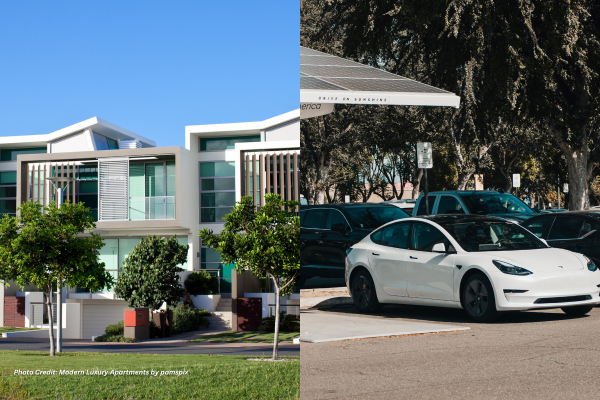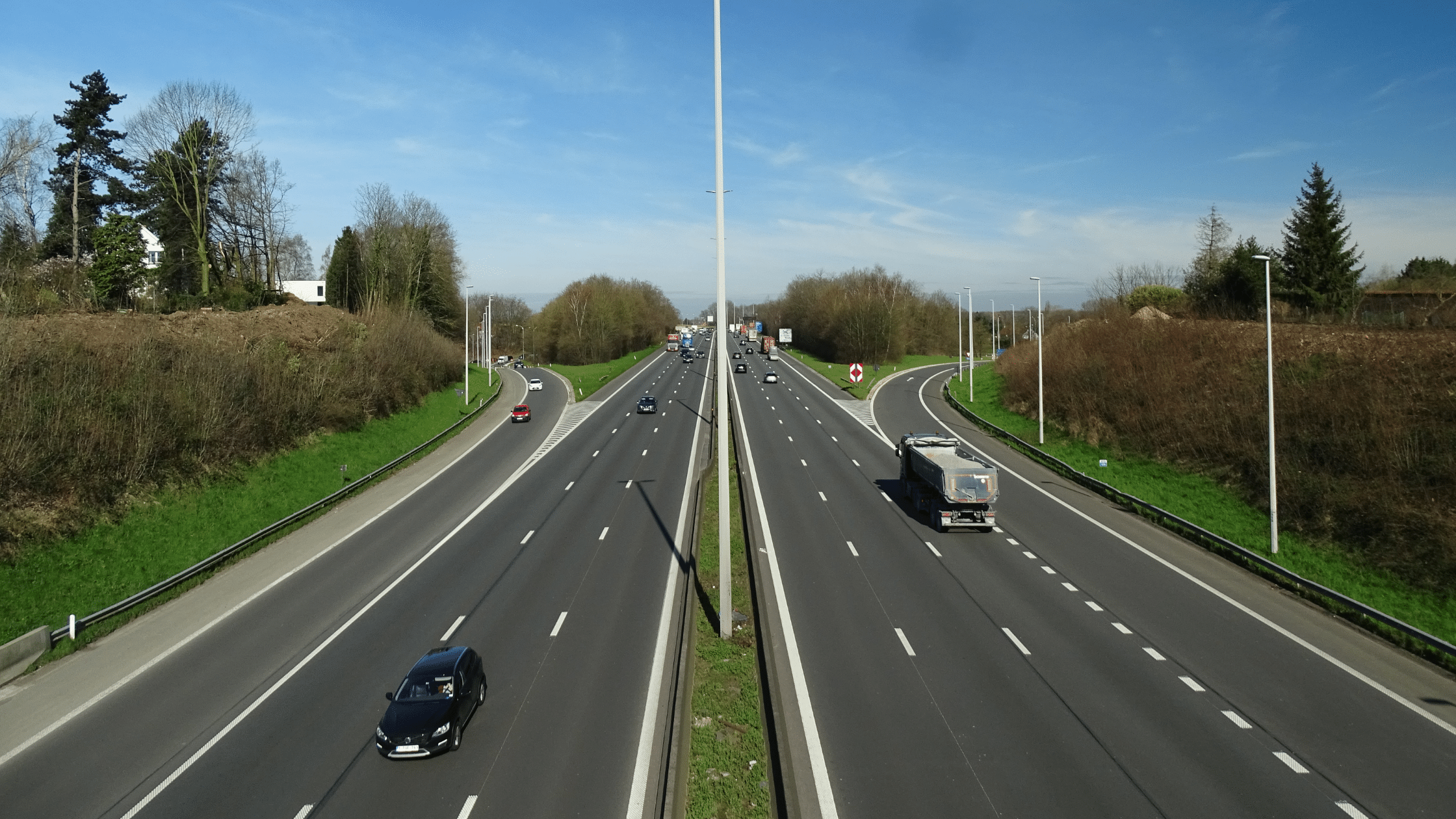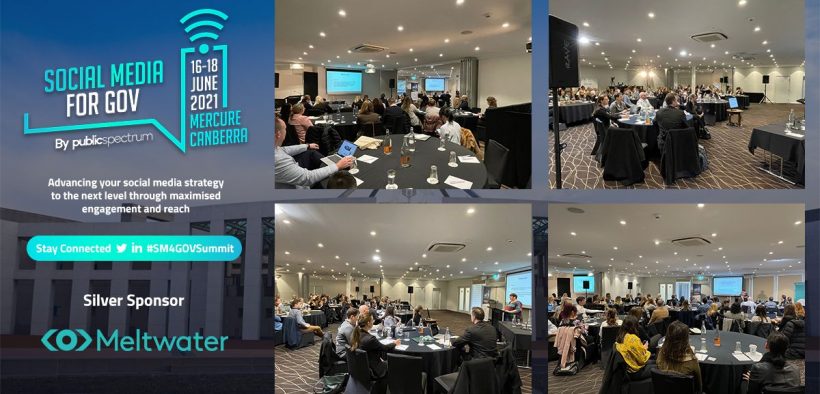On 16-18 June 2021, social media professionals from different government organisations gathered for the Social Media for Gov Summit at the Mercure Canberra to learn how to improve their social media strategies.
The high rise of misinformation following the pandemic has created the need for credible and factual information, causing government organisations to use social media to effectively spread the right information to the public.
Social media usage has grown significantly in the last couple of years, with online platforms such as Facebook or Twitter being utilised to reach out and engage with citizens. But the ever-changing landscape of social media has left governments scrambling to keep up and maintain their online audience.
“We’ve been at the forefront of communicating incredibly complex information, often with a deadline of yesterday, about some of the most drastic public health interventions in living memory,” City of Greater Geelong’s Senior Communications Officer – Social Media Sean Vagg said during his opening remarks at the Social Media for Gov Summit.
“We’ve had to balance the need of getting important information across with the need to have an empathetic and caring voice, whilst at the same time, continuing to produce content we know our audiences are actually going to engage with.”
The 15th Social Media for Gov Summit, run by Akolade in partnership with Meltwater, provided vast knowledge on how to drive engagement through their online platforms, tailor appropriate content, manage reputational risk and integrate social media into governments’ communication strategies.
Online engagement is needed to help distribute content. Experts at the event all agreed that being aware of the audience’s interests is necessary as this can help organisations share relevant content.
By thinking about the audience and what they want to see, managers can adopt an appropriate tone and style and use keywords to engage with them. Managers should also be aware of how their content affects their platforms.
Museums Victoria’s Social Media Manager, Marketing and Communications Olivia Gumienny explained that understanding the metrics (reach, engagement, and impressions) and tracking social media performance can help managers improve their online impact.
“It is always really important to remember the purpose of tracking social media analytics,” Gumienny said. “It’s to tie the metrics back to your goals and then optimise your strategy going forward based on the insights found.”
The summit also had speakers from huge social media platforms, who shared their insights on how the attendees could tailor their content based on the different algorithms of each platform.
Creating appropriate content was a vast topic during the event, and it was clear that there was no one-way strategy for all government organisations. Nonetheless, the speakers all agreed that content should be engaging, relevant and community-relatable.
Sydney Trains’ Senior Social Media Advisor Samuel Corry said that knowing what not to put out and what not to say is just as important as the content that is made. Being aware of the limitations in the content one can have makes it easier for social media managers to reach out to their audience.
Attendees also learned how to deal with the reputational risks they face in the social media landscape. Los Angeles Police Department’s Officer-in-Charge Strategic Communications Unit Social Media Section Sergeant Hector Guzman revealed how he utilised organic and authentic story-driven content to control reputational damage.
“When you have reputational issues like this, you do your best to build authentic and organic content,” Guzman said. “Always tell a story.”
Although reputational risk cannot be avoided, Guzman said it was necessary for social media professionals to be proactive when engaging with the audience. He also emphasised that managers should not be over-emotional or get caught up in negative feedback as this can cause more reputational damage.
One of the questions that kept popping up was how can the governments’ social media managers be more creative given the restrictions in their organisations.
“You need to build trust and engage your executives in what you’re doing,” Former Digital Content Manager of the Department of Prime Minister and Cabinet and Assistant Director Engagement of Australian Public Service Commission’s APS Exhibitions Kaet Lovell answered, telling the attendees that they must provide proof of what they’re achieving on the social media platforms.
While not all government organisations operate in the same social media environments, the event showed that all social media professionals had similar experiences in managing their online platforms.
“I can’t believe how much common experiences we share; it’s really struck me across this conference,” Vagg said during the closing remarks of the Social Media for Gov Summit.
“No matter what aspect of government social media management you’re working in, it’s also great to be reminded that we are also part of a community. It’s also nice to be reminded that the work we do every day is really important and that it matters to people.”
Eliza is a content producer and editor at Public Spectrum. She is an experienced writer on topics related to the government and to the public, as well as stories that uplift and improve the community.






























































